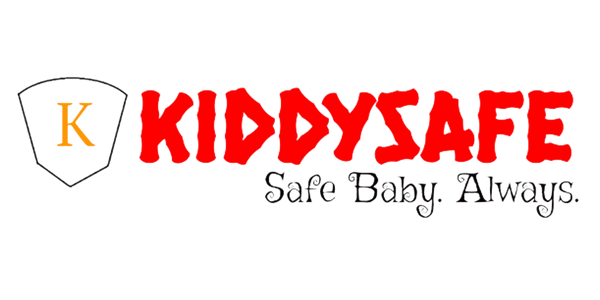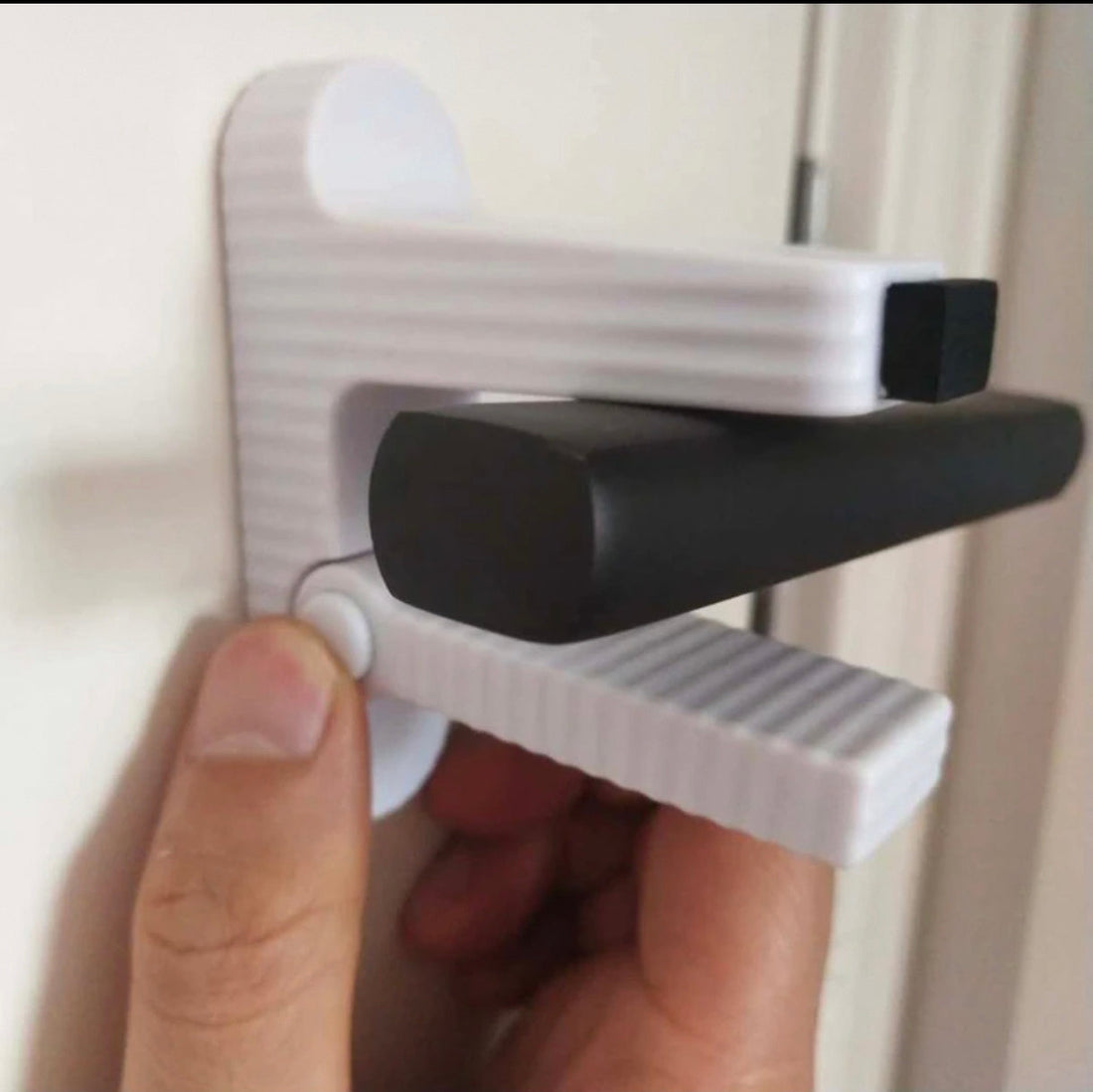As new parents, ensuring the safety of your baby is often at the top of your priority list. With so much information out there, it’s crucial to understand the fundamental concepts of baby safety. This article will guide you through essential safety tips, making it easier to create a safe environment for your little one. Whether you're a first-time parent or looking to refresh your knowledge, let’s dive into the key baby safety concepts every parent should know.
The Importance of Baby Safety
Baby safety encompasses a range of practices and precautions designed to protect infants from accidents and injuries. From the time they are born, babies are naturally vulnerable, which makes it imperative for parents to be vigilant. The first step towards ensuring your baby's safety is understanding potential hazards in your home and during outings.
Common Hazards in the Home
Your home is where your baby will spend most of their time, making it essential to identify and eliminate hazards. Here are some common dangers you may encounter:
- Sharp Objects: Knives, scissors, and other sharp items should be kept out of reach.
- Small Choking Hazards: Tiny toys, coins, and small household items can pose choking risks.
- Electrical Outlets: Use outlet covers to prevent electric shocks.
- Furniture: Secure bookshelves and dressers to the wall to prevent them from tipping over.
- Chemicals: Store cleaning supplies and medications in locked cabinets.
Safe Sleeping Practices
One of the most critical aspects of baby safety is ensuring safe sleep practices. The way your baby sleeps can significantly reduce their risk of Sudden Infant Death Syndrome (SIDS). Here are some guidelines to follow:
Creating a Safe Sleep Environment
- Alone in a Crib: Always place your baby on their back in a crib, alone without any blankets, pillows, or stuffed toys.
- Firm Mattress: Use a firm mattress covered with a fitted sheet for the crib.
- Avoid Smoking: Ensure that no one smokes around your baby, as this increases the risk of SIDS.
- Room Sharing: It’s generally recommended to share a room with your baby for at least the first six months.
Supervision is Key
While it’s essential to baby-proof your home, the best safety measure is consistent supervision. Babies are naturally curious and tend to get into things they shouldn’t. Staying close can provide an extra layer of security. Here’s how to make the most of your supervision:
Staying Attentive
- Keep an Eye on Playtime: When your baby is playing, make sure to be present to catch them before potential hazards.
- Use Baby Monitors: A baby monitor can help you keep a watchful eye if you’re not in the same room.
Car Safety for Babies
As you start to venture outside, proper car safety becomes paramount. It’s essential to protect your precious cargo while on the road. Here are a few key points:
Choosing the Right Car Seat
The first step to safe travel is investing in a quality car seat. Here’s what you need to consider:
- Age and Size: Choose a car seat that is appropriate for your child's age and weight.
- Installation: Follow the manufacturer's instructions to ensure the car seat is installed correctly.
- Rear-Facing Seats: Keep your baby in a rear-facing car seat for as long as possible, typically until they reach the maximum height and weight limits.
Baby-Proofing Essentials
To further ensure safety, it’s important to baby-proof your entire home as your baby grows. This includes securing furniture, using safety gates, and installing cabinet locks. You may also want to invest in items like non-slip mats and corner protectors for sharp furniture edges.
Tips for Effective Baby-Proofing
- Designate a Safe Zone: Create a safe area where your baby can play freely without exposure to potential hazards.
- Regular Checks: Regularly assess your home for new hazards as your baby grows and starts moving.
Understanding Emergency Situations
No matter how vigilant you are, accidents can happen. Being prepared for emergencies can make a significant difference. Here’s how:
Basic First Aid Knowledge
Take time to educate yourself about common baby injuries and necessary first aid steps:
- Choking: Know how to perform back blows and abdominal thrusts for infants.
- Burns: Learn how to treat burns and identify when medical attention is required.
- CPR: Get trained in baby CPR, which can be a vital lifesaving skill.
Promoting Development with Safety in Mind
As your baby grows, they will start exploring the world around them. This exploration is essential for their physical and cognitive development. Tools like flash cards for baby can stimulate their learning while also having safety in mind. It’s important to choose safe and appropriate toys that encourage play without putting your baby at risk.
Choosing Safe Play Materials
Here are some tips for selecting toys and learning materials:
- Non-Toxic Materials: Ensure that toys are made from non-toxic materials, safe for babies to chew on.
- Avoid Long Strings: Toys with long strings can pose choking risks, so opt for shorter options or those designed for infants.
- Sturdy Construction: Choose sturdy toys that can withstand the rough treatment that babies often give.
Minding Technology Use
In this digital age, it’s important to also consider the safety of technology around your baby. As screens become a part of everyday life, you must understand how to navigate this responsibly.
Safe Screen Time Guidelines
- Limit Exposure: For babies under two years old, limit exposure to screens, focusing instead on face-to-face interactions.
- Educational Content: If screens are used, ensure that the content is age-appropriate and educational.
Support and Resources for Parents
Never hesitate to reach out for help when you need it. Support networks can provide valuable advice and resources.
Join Parent Groups
Consider joining parent groups or forums to share experiences and learn from others. These communities can help you stay informed and connected.
Final Thoughts on Baby Safety
Creating a safe environment for your baby is a continuous journey that involves learning, adjustment, and dedication. As you navigate parenthood, keep these key safety concepts at the forefront of your mind, and remember that preparation and vigilance can prevent many accidents. The road may be filled with challenges, but with the right knowledge, you can help your little one grow up safely and confidently. Always prioritize safety in your daily routines and interactions with your baby, and enjoy the beautiful journey of parenthood!
Our Collections
Finger Door Guards | Edge Protectors | Cabinet Safety Locks | Corner Guards | Mini Wireless Printer | Mini Thermal Printer | Mini Printer for Mobile | Karaoke Mic for Kids | Dancing Cactus Toy


